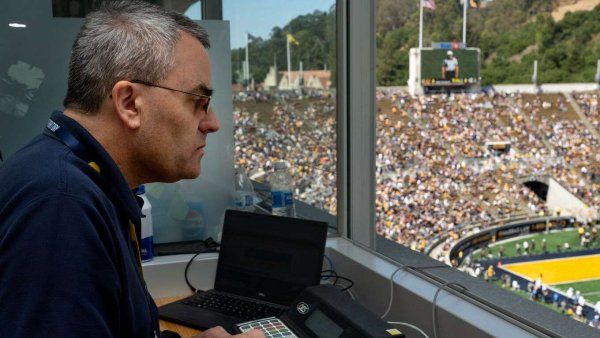University of California San Francisco
Give to UCSF-
-
Why Getting Your 2024 COVID and Flu Shots Before Halloween Is a Good Idea
-
Millions of Aging Americans Are Facing Dementia by Themselves
-
Queer Femme UCSF Faculty Member on the Importance of a Simple Greeting
The GRLN policy empowers individuals like Sophia, promoting inclusivity and impacting personal lives.
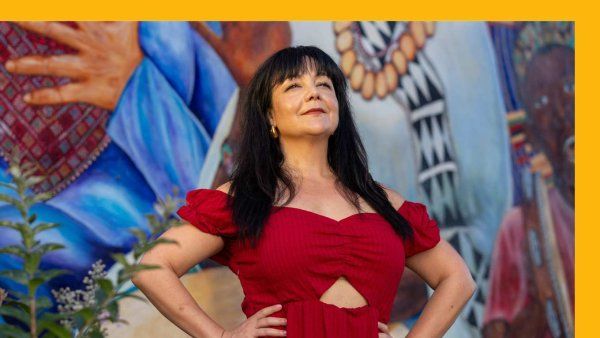
-
UCSF Health Opens New Outpatient Pharmacies in San Francisco
UCSF Health is opening retail pharmacies at its Mission Bay and Parnassus campuses. The new pharmacies build on UCSF Health’s history of innovative clinical pharmacy care and are integrated with health records to provide seamless care for UCSF patients and convenience for people who live and work in San Francisco.
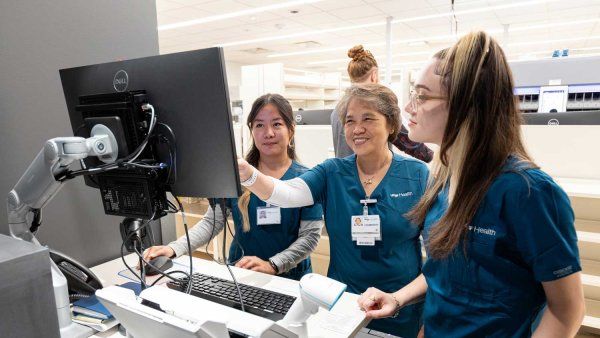
-
Why This UCSF Physician is Determined to Serve, Mentor the Underrepresented
Manuel Tapia, MD, MPH, advocates and mentors underrepresented learners in medicine, from pre-health to medical school.
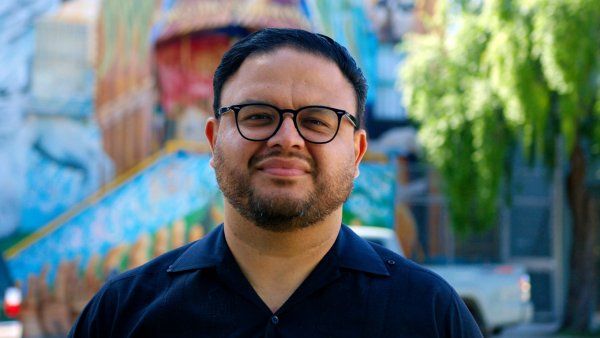
-
Advancing Care of a Devastating Disease Through Gene Therapy
Mucopolysaccharidosis type 1, also known as Hurler syndrome, is a rare but life-threatening genetic condition. Babies born with this inherited disorder do not produce an enzyme needed to break down

-
Here’s the Difference Between a Sore Throat and Strep
-
UCSF Health Atlas Expands Its Reach with Nationwide Mapping Tool
The UCSF Health Atlas, an interactive mapping tool for health data that debuted just as the COVID-19 pandemic took hold, is launching this month with data from all 50 states, plus the District of Columbia and Puerto Rico, along with climate data.
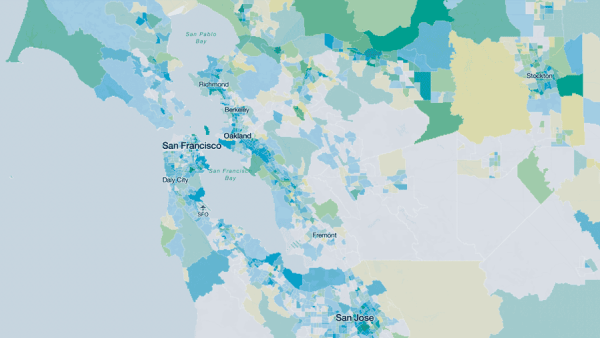
-
UCSF and NASA Explore Joint Ways to Benefit Cancer Patients
UCSF hosted NASA astronauts and scientists in a daylong, invitational scientific roundtable in conjunction with the White House Cancer Moonshot Initiative. Astronauts also visited pediatric patients at UCSF Benioff Children’s Hospital San Francisco, and greeted event attendees.
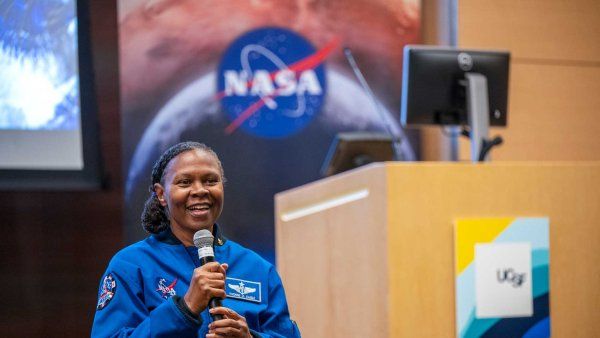
-
How UCSF’s Historic Parnassus Heights Campus Rose from ‘Remote’ Sand Dunes
UCSF's historic campus at Parnassus Heights was built among natural sand dunes, and, despite public doubt, its location helped it become the anchoring institution it is today. We dive into its fascinating history with help from the UCSF Archives and Special Collections.

-
New Program Trains Data Scientists Who are Transforming Medicine
The UCSF/UC Berkeley Joint Program in Computational Precision Health (CPH) welcomes its second cohort of PhD students this fall. Students train concurrently in computer science and clinical or public health practice, uniting disciplines that are usually studied in isolation.
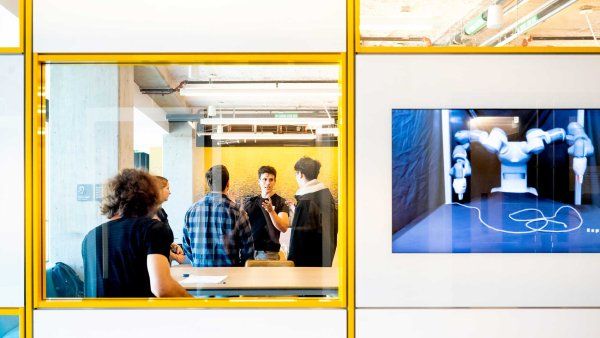
-
Here’s How to Turn Climate Change Anxiety Into Action
-
When It Comes to Emergency Care, ChatGPT Overprescribes
AI models can't beat humans when it comes to triaging emergency medical care.
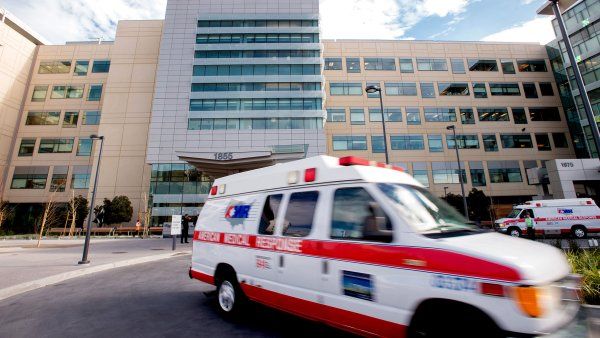
-
For Preteens, More Screen Time Is Tied to Depression, Anxiety Later
Spending more time on screens increases the likelihood that 9- and 10-year-olds will develop symptoms of mental illness, according to a study by UC San Francisco that is one of the first long-term

-
UCSF Benioff Children’s Hospitals Tie for Best in Northern California in 2024-2025
UCSF Benioff Children’s Hospitals have tied as the best hospitals in Northern California in the 2024-2025 U.S. News & World Report Best Children’s Hospitals list.
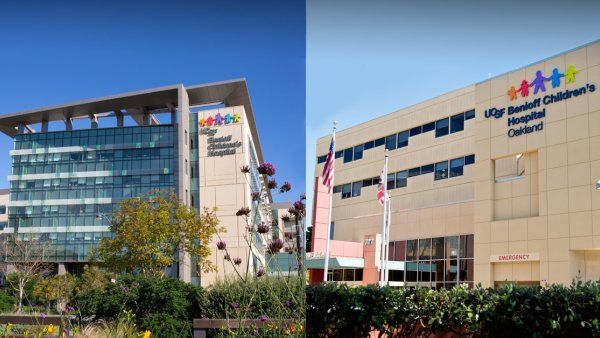
-
Enhancing MRI with AI to Improve Diagnosis of Brain Disorders
At the intersection of AI and medical science, there is growing interest in using machine learning to enhance imaging data captured by magnetic resonance imaging (MRI) technology. Recent studies show

-
Bird Flu: What to Know About H5N1 Virus Risks, as California Confirms 2 Human Cases
-
How Doxycycline for STI Prevention Affects the Gut Microbiome
A new study on doxy-PEP sheds light on whether people who are regular users become resistance to this treatment, which often serves as a “morning after” pill to prevent sexually transmitted diseases.
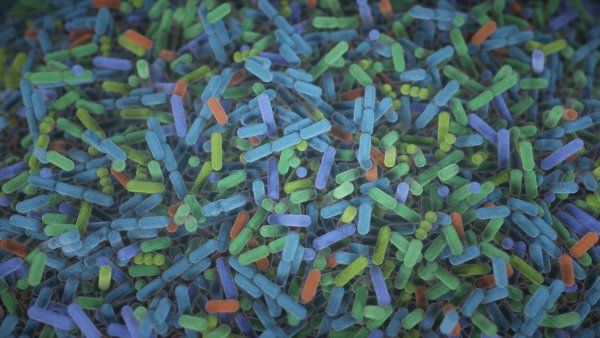
-
Trauma Takes Its Toll at the End of Life
Traumatic experiences can worsen the pain, depression and loneliness at the end of life, according to a study led by UCSF and the University of Michigan.
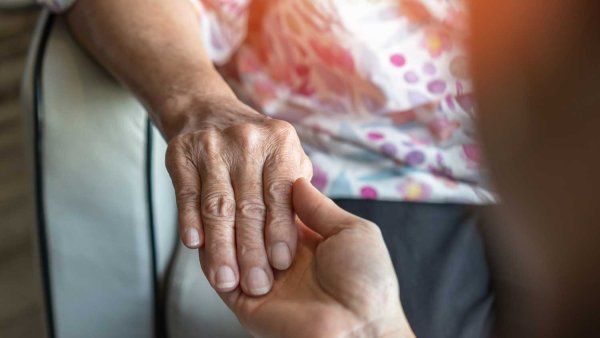
-
A Message from UC President Michael V. Drake: Working Together Toward Inclusive Excellence
The fall term is well underway at the University of California and we welcome our students, faculty, and staff to a new academic year. We are part of a truly vibrant community, home to a wide

-
California’s Bold Moves to Curb Fentanyl Deaths Leave Experts Urging for More
-
The Pipeline of Deadly Fentanyl Into the U.S. May Be Drying Up, Experts Say
-
UCSF Breaks Ground on Bakar Research and Academic Building
UCSF officially broke ground on the Barbara and Gerson Bakar Research and Academic Building on Sept. 28, which will house state-of-the-art research facilities, and will also serve as the new home for the UCSF School of Nursing.
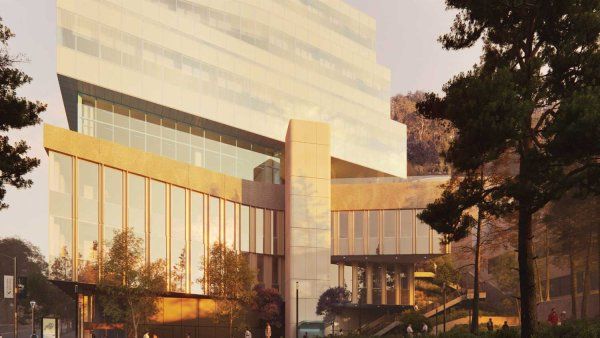
-
Why Your Flu Shot Might Come With a Colon Cancer Test
With rising rates of colorectal cancers in younger people, UCSF experts tell you that getting screened for cancer may be as easy as getting a flu shot.
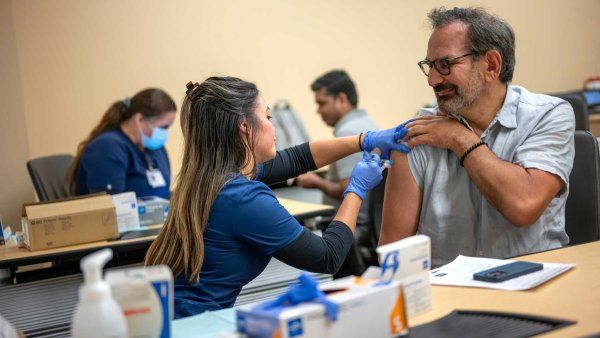
-
New Study Shows Link Between Alcohol and Cancer
-
Study Establishes First Causal Link Between Anti-trans Laws and Suicide Attempts
-
Celebrating Community, COVID Response Through a Colorful Mural
Pediatrician Dayna Long, awarded the 2024 Edison T. Uno Award, combines medicine with social justice to address healthcare disparities, focusing on community health improvements and founding the BLOOM Clinic for Black families.

-
Precision Breast Cancer Trial Shows Improved Treatment by Tumor Subtype
Breast cancer is the second leading cause of cancer deaths in the U.S. and worldwide, pointing to the continuing need to improve treatment strategies and therapies that better patient survival and

-
‘Invaluable’ UCSF Registrar Keeps Time, Integrity in Surprising Side Job
Doug Carlson, UCSF registrar, applies precision to academic record-keeping and also operates scoreboards at major sports venues, blending detailed administrative skills with his passion for sports timing.
